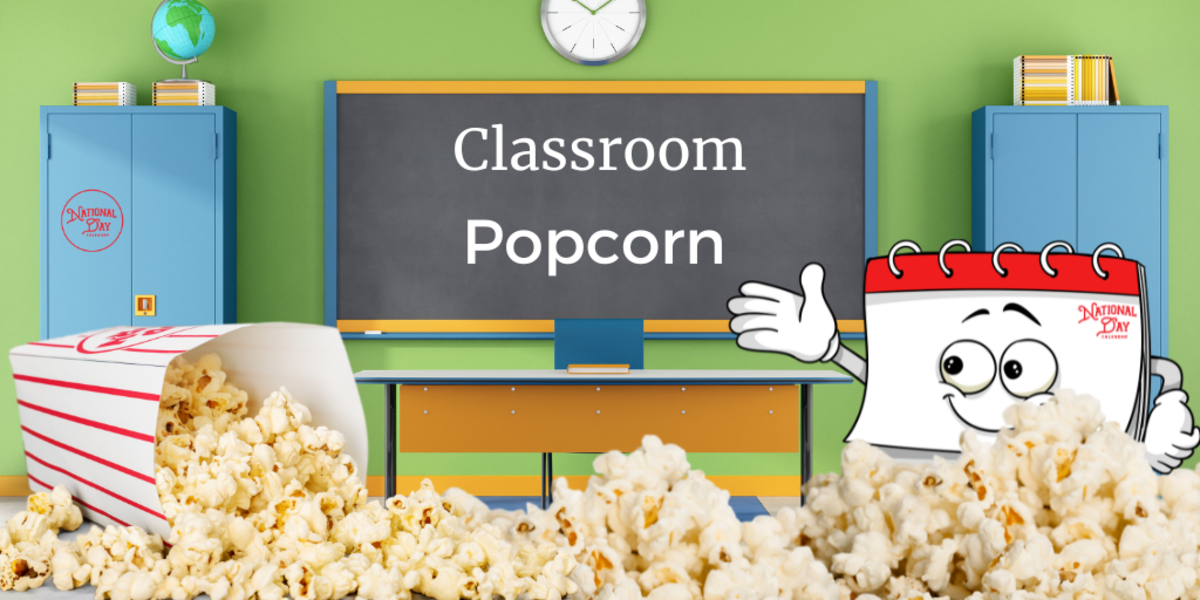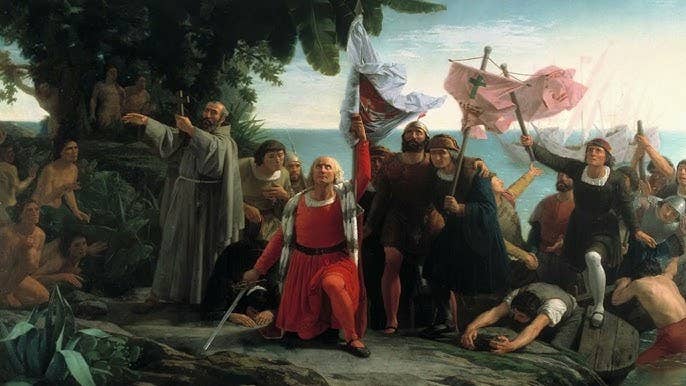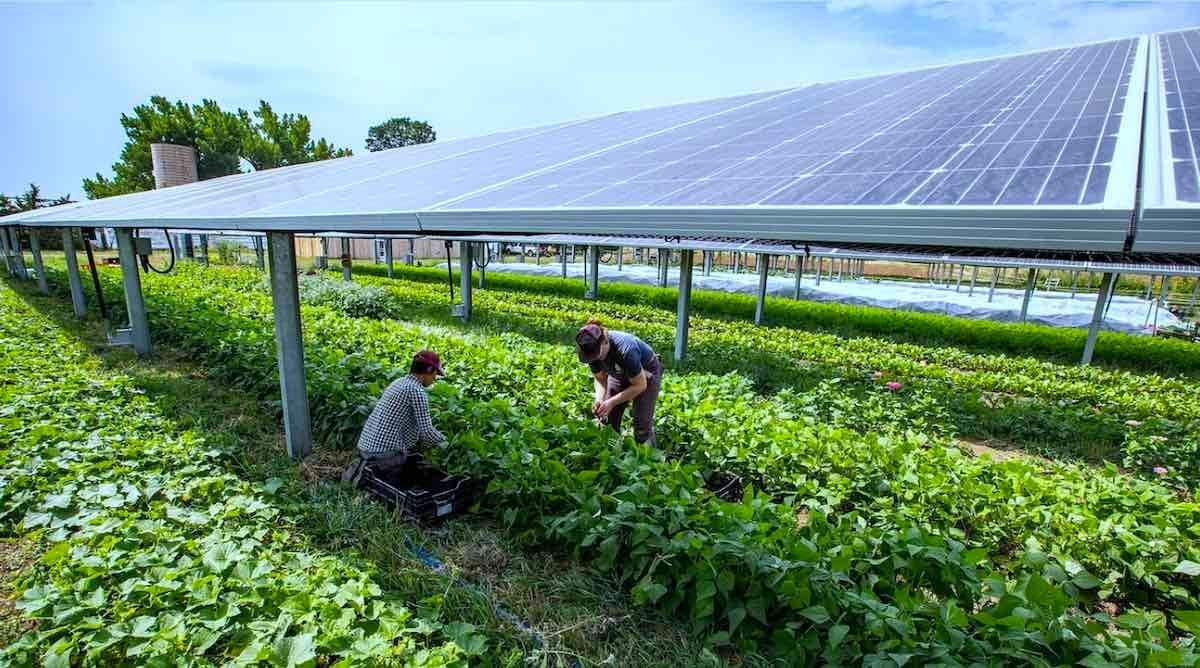Popcorn is popping its way into science classrooms and revolutionizing education
In the future, classrooms across Illinois and the United States may be filled with the irresistible aroma of freshly popped popcorn

[Jan. 20, 2024: JD Shavit, The Brighter Side of News]
In the not-so-distant future, classrooms across Illinois and the United States may be filled with the irresistible aroma of freshly popped popcorn. (CREDIT: Creative Commons)
In the not-so-distant future, classrooms across Illinois and the United States may be filled with the irresistible aroma of freshly popped popcorn, but it won't just be a tasty snack.
Thanks to a groundbreaking USDA grant, a team of educators led by a University of Illinois Urbana-Champaign crop scientist, Tony Studer, is spearheading an innovative curriculum centered around popcorn.
This popcorn-based curriculum is poised to revolutionize science education, particularly in the fields of agricultural science, artificial intelligence, biotechnology, computer science, genomics, and research methods, targeting both 4-H and high school students.
Tony Studer, an associate professor in the Department of Crop Sciences, has been championing the potential of popcorn to captivate and educate young minds for nearly a decade.
Related Stories
He emphasizes the familiar allure of popcorn, stating, "Everybody knows popcorn, but students don't typically think about where it comes from or how science is used to improve the food we eat." Leveraging the students' existing familiarity with popcorn, Studer's curriculum aims to make complex science concepts more engaging and accessible.
In its early stages, the "pop-omics" curriculum had students examining kernels from Studer's popcorn breeding program. They meticulously recorded data and observations, linking the characteristics of unpopped and popped kernels.
Through this hands-on experience, students delved into genetics, inheritance, and agronomic properties, gaining valuable insights into the science behind popcorn. Simultaneously, Studer used the data collected to enhance his popcorn breeding program, leading to the development of even better popcorn varieties.
Tony Studer with cobs of orange and blue popcorn. (CREDIT: Lauren D. Quinn)
The new USDA grant will enable the expansion of this curriculum to include cutting-edge lessons on machine learning and artificial intelligence, aligning with Next-Generation Science Standards.
Collaborating with experts from the National Center for Supercomputing Applications at U. of I., Studer is developing an AI algorithm capable of predicting popped characteristics from images of unpopped kernels. This innovative approach will allow students to interact directly with AI models, providing a tangible introduction to artificial intelligence and its applications.
Studer envisions a transformation in their breeding program, stating, "If I can throw down 10,000 kernels and have it pick the top 10% before I even grow them, that'd be amazing. It would change the way we do things." However, he acknowledges the need to compare the AI's efficiency with that of students evaluating kernels by hand, and eagerly awaits the results of this intriguing experiment.
Already, Studer has collaborated with teachers in three Illinois high schools, with plans to expand to at least ten more during the three-year grant period. However, the ultimate goal is to make the curriculum accessible statewide and nationwide. To achieve this, Studer and his team are developing a standardized Next Generation Science Storyline that can be implemented in any high school classroom without the need for direct interaction with Studer's lab.
Studer emphasizes the scalability of their curriculum, stating, "The curriculum we're writing will be open source, and we expect it to go national. I can only be in so many high schools, so we're building in scalability. We're asking ourselves what experiences we can include so that more kids can be involved."
Pop-omics initially emerged as an outreach initiative for Illinois 4-H students and will continue to cater to this audience under the new grant structure. Studer believes that 4-H students, known for their commitment and sharpness, are the ideal test group. He remarks, "If they're not into something we come up with, it's not going to float in a public high school general biology class."
Additionally, Studer intends to deploy 4-H special interest (SPIN) clubs and a summer academy at the U. of I. campus to adapt successful lessons for older students who may have less familiarity with agriculture.
The scope of the grant extends beyond high school and 4-H programs. Collaborating with the Illinois Farm Bureau and the Illinois Agriculture in the Classroom (AITC) program, the team is creating learning materials for elementary and middle school classrooms, with aspirations of connecting with the national AITC program in the future.
Ultimately, the primary goal of the grant is to enhance science literacy, critical thinking, and technological acceptance among today's youth. Beyond education, it's also about securing food production in an uncertain future. Studer emphasizes, "Future challenges to agriculture and food security can only be overcome if we educate young people. Few of today's youth have a direct connection to agricultural production or agricultural education."
In a world characterized by rapidly evolving technology and the ever-increasing importance of science, the popcorn-based curriculum represents a flavorful and captivating gateway for students to explore the wonders of science, agriculture, and artificial intelligence.
It is a promising initiative that has the potential to revolutionize science education and empower future generations to address the challenges of a changing world.
Note: Materials provided above by The Brighter Side of News. Content may be edited for style and length.
Like these kind of feel good stories? Get the Brighter Side of News' newsletter.
Joshua Shavit
Science & Technology Writer | AI and Robotics Reporter
Joshua Shavit is a Los Angeles-based science and technology writer with a passion for exploring the breakthroughs shaping the future. As a contributor to The Brighter Side of News, he focuses on positive and transformative advancements in AI, technology, physics, engineering, robotics and space science. Joshua is currently working towards a Bachelor of Science in Business Administration at the University of California, Berkeley. He combines his academic background with a talent for storytelling, making complex scientific discoveries engaging and accessible. His work highlights the innovators behind the ideas, bringing readers closer to the people driving progress.



